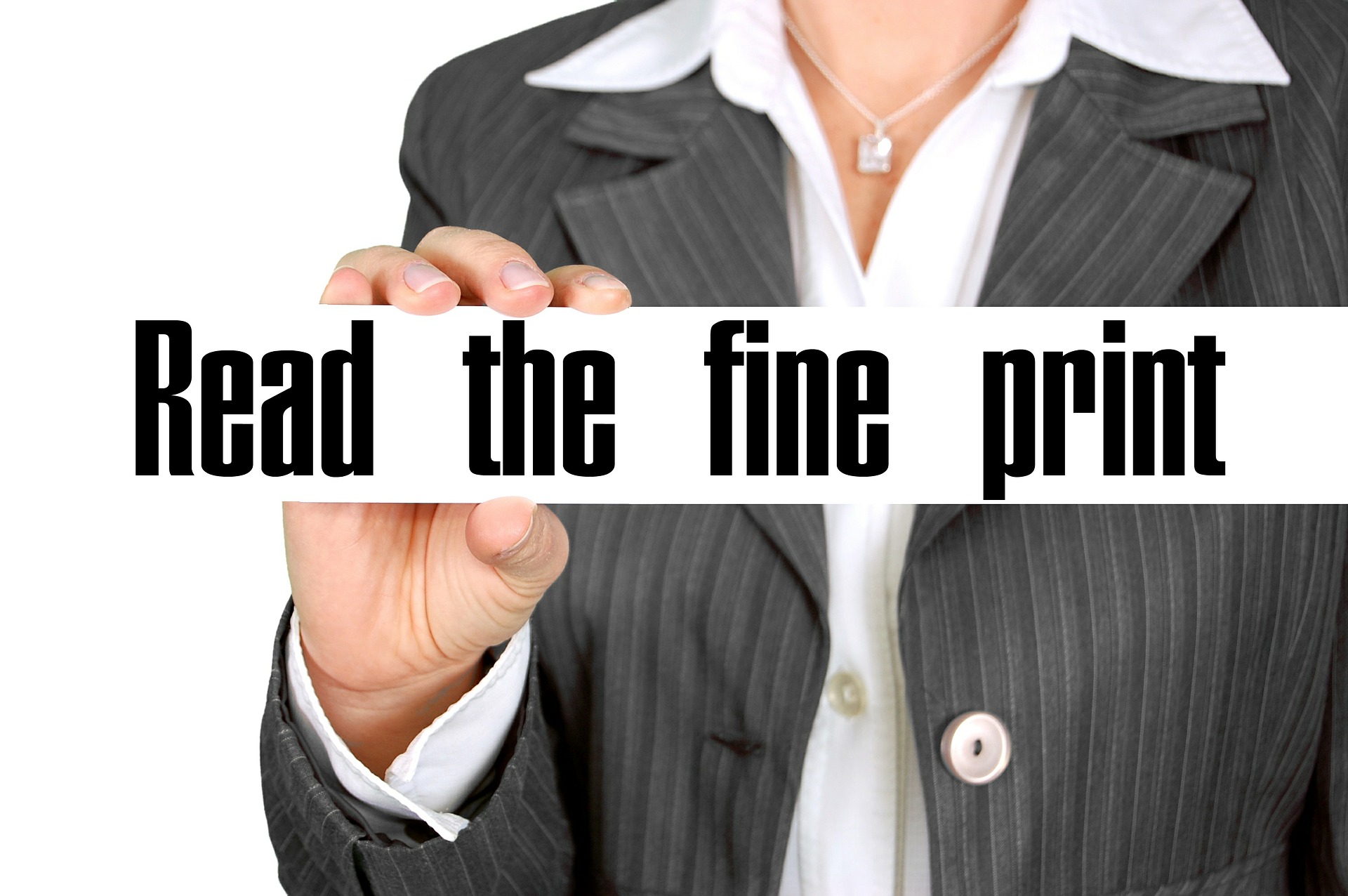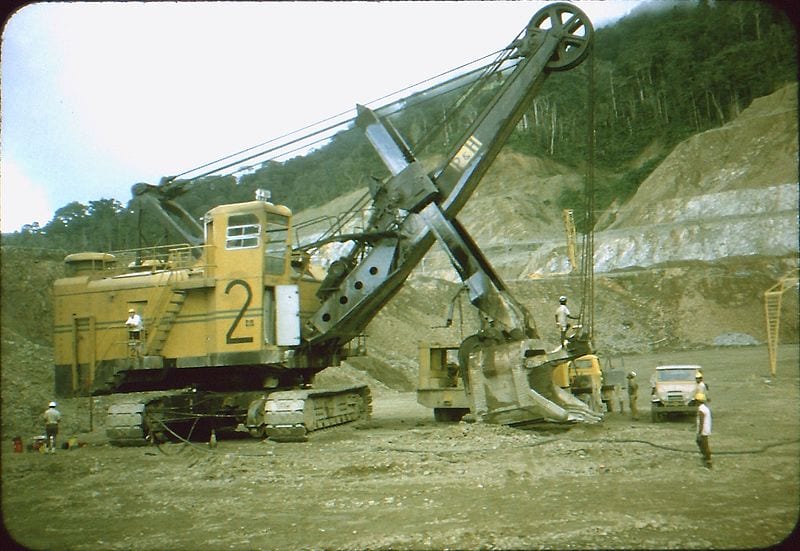Renting construction equipment can be a cost-effective solution, yet it’s essential to understand the liabilities and insurance involved.
Are you a construction company owner? Or perhaps you’re a construction business manager? Whatever it is, if you answered a ‘yes’ to any of the two aforementioned questions, stay put because you may find this post helpful.
Being in the construction industry requires you to do a lot of stuff – especially if you’re in an administrative position or if you’re considered a major player yourself i.e. an owner of a construction firm, a prized investor, and so on.
And that includes having to deal with construction equipment. You can either make a purchase of the construction equipment that you need for your projects or you can just rent them from a highly reputable construction equipment rental company.
And if you pick the latter option, did you know that there are still things that you need to consider when renting? That includes thinking about liability and insurance. If you want to be acquainted with that subject, read on.
What You Need To Know About Construction Equipment Liability
Liability when doing excavator hire renting and others is complex. It’s essential to understand your responsibilities and how liability is shared between you and the rental company.
Go Through The Fine Print
Prior to renting construction equipment, thoroughly read the rental agreement. The fine print outlines the terms and conditions, including who is responsible for what and many more. Pay close attention to the sections on liability and insurance requirements.

Make Sure There’s Adequate Cover
Make sure your insurance policy meets the rental company’s requirements. Some rental companies offer insurance, but it may not cover all potential risks. Verify that your policy covers liability, equipment damage, and workers’ compensation.
Document The Actual Condition Of The Construction Equipment You’re Going To Rent
Prior to you taking possession of the construction equipment, document its condition first. Take photos and note any existing damage. This documentation can protect you if the rental company tries to hold you responsible for pre-existing issues.
Carry Out Proper Personnel Training
Proper training is vital to minimize risks and ensure safe operation. Make sure anyone using the rented equipment is trained and certified if necessary. This not only enhances safety but also helps in case of an insurance claim.
Why Is Having Insurance Important When Talking About Construction Equipment Rental
When renting construction equipment for your building projects, having insurance it’s a must-have, it’s not just a thing that’s nice to have. Why? Sans insurance, you could face significant financial damage if something goes wrong during the construction and/or while you’re using the rented equipment. Insurance protects you from the unexpected, whether it’s equipment damage, theft, or accidents.
Different Types Of Construction Equipment Rental Insurance
Luckily, there are many kinds of insurance that your construction team can take advantage of when leasing construction equipment. Do remember that each type of insurance covers varying risks, and having the right insurance can provide comprehensive protection for you and your whole team. Keep on reading to learn more.
Construction Equipment Insurance
Equipment insurance, also known as rental equipment protection, covers damage to the rented equipment itself. Whether it’s due to an accident in the site, fire, theft, or so on, this type of insurance ensures your company won’t be out of pocket for repairs or replacements.
Workers’ Comp Insurance
Remember: workers’ comp insurance is crucial, especially if your team is handling rented out construction equipment. Why? It’s because this type of insurance handles medical expenses and lost wages if any of your personnel gets injured while using the equipment.
General Liability Insurance
General liability insurance covers third-party injuries and property damage. If someone gets hurt on the job site or if you accidentally damage someone else’s property, this insurance helps cover the costs.
Mitigating Risks 101
Taking proactive steps can significantly reduce the risks associated with construction equipment rental. Here are some strategies to consider.
Carry Out Regular Maintenance
Perform regular maintenance checks on the rented equipment. While the rental company is responsible for providing well-maintained equipment, conducting your own checks ensures everything is in working order and can prevent accidents.
Strictly Follow Safety Protocols
Establish and enforce strict safety protocols. Ensure that all operators wear appropriate safety gear and follow best practices for equipment use.
Have A Contingency Plan In Place
Despite your best efforts, accidents can still happen. Have a contingency plan in place. Know the steps to take in case of an accident or equipment failure. This includes having emergency contact numbers readily available and knowing how to file an insurance claim.
Going For Trusted Construction Equipment Rental Companies
Picking the right rental company can make a big difference. Here are some tips for selecting a reputable provider.
- Do your research before picking a rental company. Look for reviews and testimonials from other contractors.
- Ask the rental company about their insurance policies. Ensure they have comprehensive coverage that includes liability, damage, and theft. This can provide additional peace of mind and reduce your risk.
- Good customer support is essential. Select a rental company that offers round-the-clock support. This ensures you can get help quickly if you encounter any issues with the equipment.
To Conclude
Renting construction equipment can be a cost-effective solution, yet it’s essential to understand the liabilities and insurance involved. By knowing what the liabilities are, securing the right kind of insurance, and so on, you can protect your business and focus on getting the job done safely and efficiently with the rented construction equipment that you have. All the best!


Join the conversation!